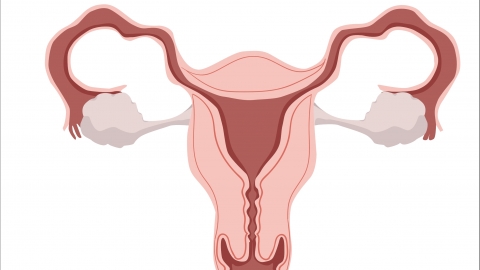What are the mechanisms of emergency contraceptive pills?
Generally, the mechanisms of emergency contraceptive pills include inhibiting or delaying ovulation, interfering with the fertilization process, altering the endometrial environment, affecting the motility of the fallopian tubes, and regulating the endocrine system. A detailed explanation is as follows:

1. Inhibition or Delay of Ovulation
The hormonal components in emergency contraceptive pills can alter the hormone levels in a woman's body, thereby inhibiting the ovulation process in the ovaries or delaying ovulation that has already begun, thus reducing the chance of pregnancy.
2. Interference with the Fertilization Process
These medications can change the consistency of cervical mucus, making it thicker and thereby hindering sperm penetration and movement, reducing the likelihood of sperm meeting and fertilizing an egg.
3. Alteration of the Endometrial Environment
Emergency contraceptive pills affect the normal development of the endometrium (uterine lining), making it unsuitable for implantation of a fertilized egg. Even if a fertilized egg has formed, it will find it difficult to successfully implant onto the endometrium.
4. Impact on Fallopian Tube Motility
The drugs can alter the motility function of the fallopian tubes, slowing down the movement of the fertilized egg within them, thus prolonging the time it takes for the fertilized egg to reach the uterus and reducing the chance of implantation.
5. Regulation of the Endocrine System
Emergency contraceptive pills achieve contraceptive effects by regulating hormone levels in a woman's body and influencing the physiological processes of the entire reproductive system. However, this regulation is temporary and generally does not affect long-term fertility.
If a woman experiences delayed menstruation after taking the medication, she should promptly visit the gynecology department of a regular hospital for early pregnancy testing to confirm the diagnosis. Additionally, emergency contraceptive pills should be taken as soon as possible after unprotected sex, generally recommended within 72 hours, with earlier administration resulting in better contraceptive effectiveness.





